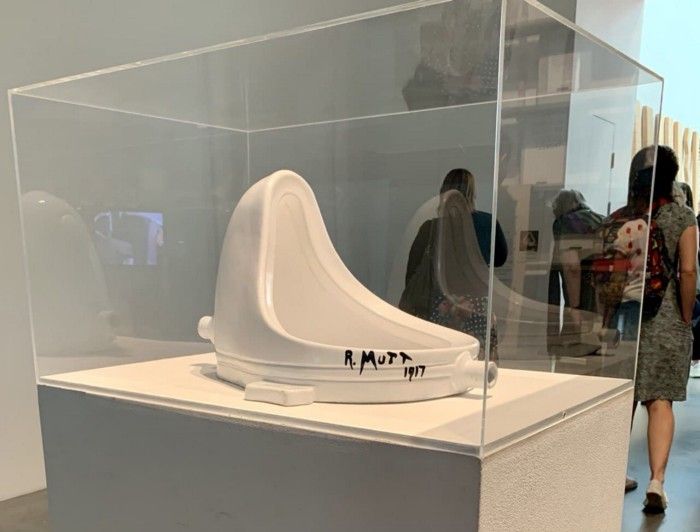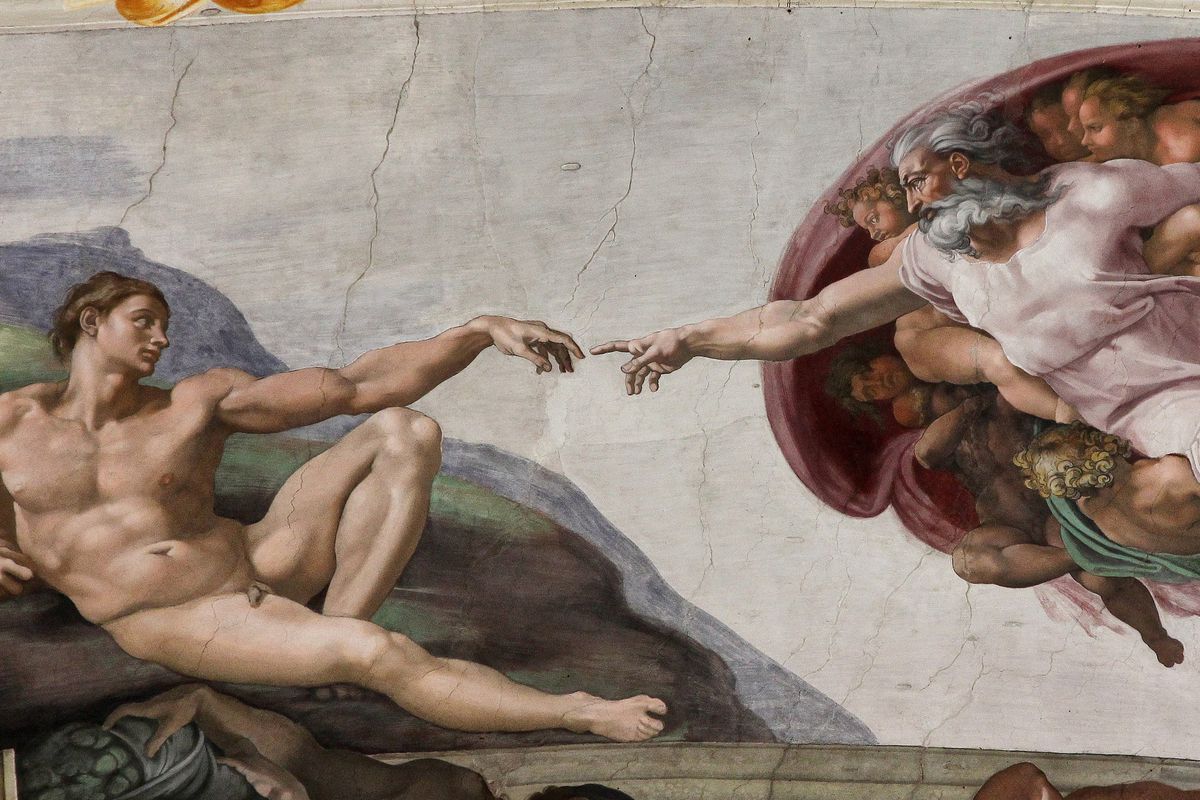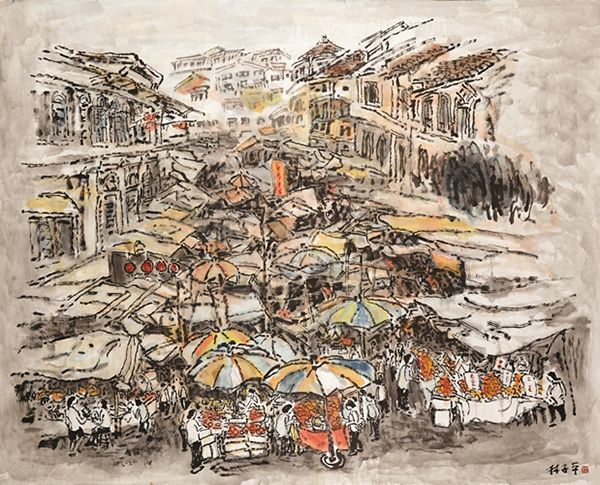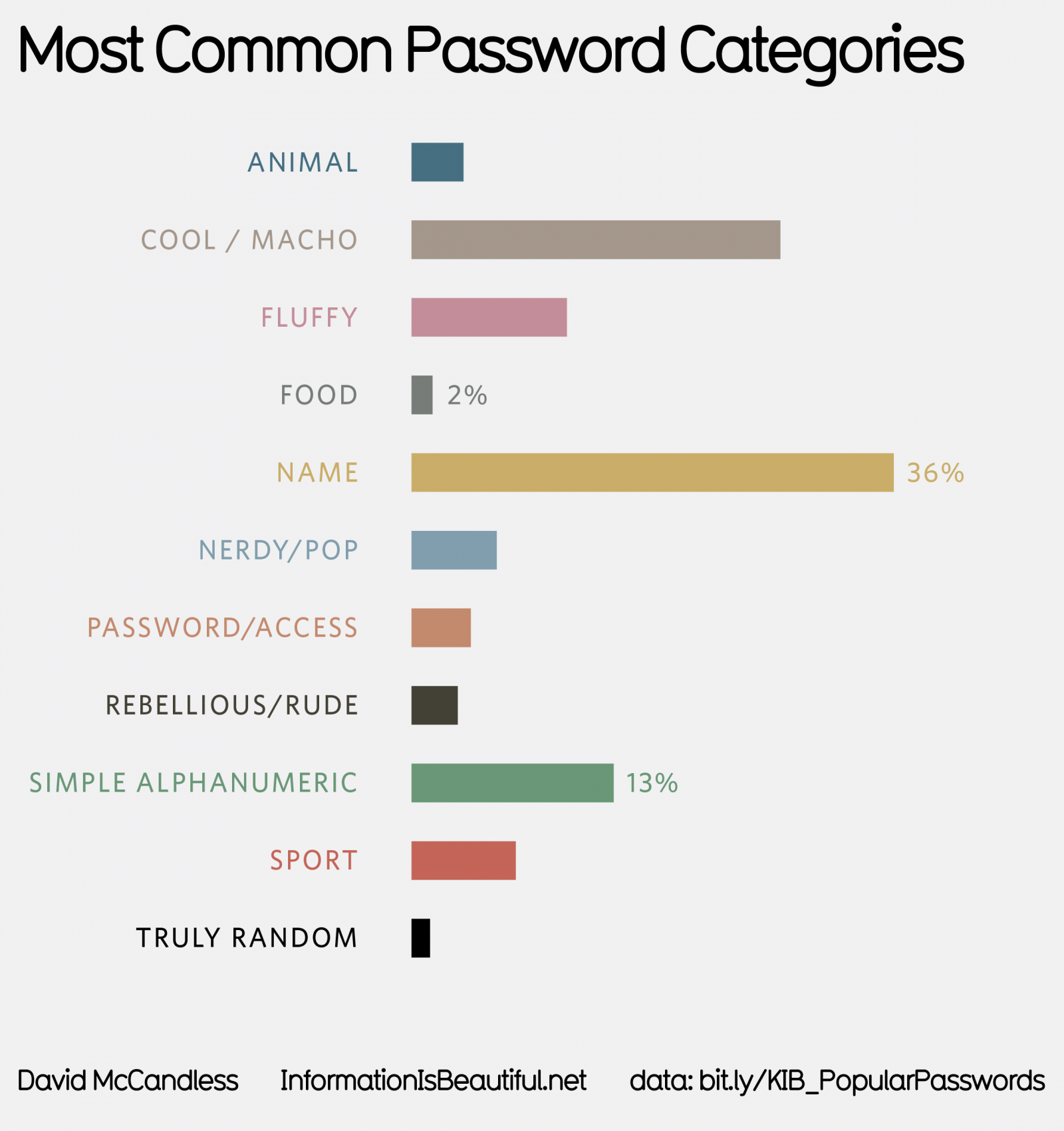Breakfast Notes #2 ( Word Retirement, Lim Tze Peng and Forget the World Bank)

Good morning everyone. I hope you are doing fine this Friday; I am getting a solid groove on this writing! I hope you can share this with friends and homies who would like some chill Friday reads.
- The Number Of The Day. 23. With Singapore hitting the 1000+ daily cases a few times this week, the government’s resolve to not return to a circuit breaker is tested. From the looks of it, with only 23 out of the 15,000+ cases needing ICU treatments and an 82% vaccination rate, we have officially entered the COVID-19 endemic.
#1: The Word To Retire Is… 🚒

Employee Engagement. (Adam Grant cheated, I know.)
In response to a question posed by his reader on one word, he would like to retire. Adam Grant, the New York Times best-selling author, professor, organisational psychologist and famed bald man, stated that no one in the world is waking up in the morning, thinking about engaging their teams.
He highlighted that you could be simultaneously engaged and burnt out. We can all believe that we are doing good work but feel exhausted every day.
In return, he proposes an emphasis on employee well-being. Recent reports have shown that the happier employees are, the more likely firms are to be profitable.
Taking Charge Of Your Welfare
In the same way, I think we all ought to practice intentional self-care where we deliberately set aside time outside of work to care for our health.
By that, I do not mean binge on Netflix (or food). I mean taking time out to practice intentional self-development.
Whilst relaxation remains integral to our welfare, ensuring we live a fulfilled life outside of work is equally important. For me, I try my best to adhere to a one-hour Bahasa Indonesia class weekly and work on writing this blog for three hours a week. I see this time as ‘personal growth time’ where I am using the time I would otherwise doom scrolling to enrich myself.
If all our development happens while we are on the job, we inevitably anchor our identity to our occupation. But, if we go beyond and actively seek avenues for growth, we can do our job and be more!
- The word I desperately want to retire. Nice. Nice is the vapidest word in the dictionary, and it’s a cop-out word for awkward situations you don’t care about. Whenever I slip up and say the word, ‘Nice’, I do my best to change the adjective.
The Key Takeaway. Don’t just let your employer do the job of taking charge of your welfare. You are your CEO; take time to care and develop yourself intentionally
#2: A Hundred Year Old Artist And The Art of Appreciation 👨🎨

How does one appreciate art?
Does it begin with a deep dive into textbooks, a pensive gaze on the object or a meandering conversation with the docent?
Defining The Purpose of Art

To Duchamp, art was a concept, not an object. Hence, the Fountain, in its abrasive and reimagined form, embodied this thesis. A urinal or any other ‘readymades’, once modified and re-contextualized, could function as art.

To Michelangelo, art was a ‘shadow of the divine perfection.’ Michelangelo imbibed Plato’s Theory of Forms, believing all material things were images (or photocopies) of the ultimate reality beyond the worldly realm. Hence, The Creation of Adam or David must be exceedingly idealized yet realistic to be a worthy imitation of the unattainable perfect.

To Lim Tze Peng, Singapore’s oldest self-taught artist who continues to paint at a hundred years old strong, art is a space for viewer imagination. Hence, Man Jiang Hong and Salted Fish is abstract yet accessible, thought-provoking yet immersive.
In Woon Tai Ho’s book, he faithfully translates Lim Tze Peng’s ruminations - “When you hear a bird sing, you are simply delighted by how beautiful the sound is. There is no need to know exactly what the bird is singing about. You’d be frustrated if you tried.”
It stands to reason that how you define the function of art will shape your palette and appetites.
Nonetheless, I find Lim Tze Peng’s ruminations instructive. To appreciate art, sometimes, the key is to enjoy the beauty that we resonate with.
The Sidenote. Lim Tze Peng belongs to the Hall of Fame in Singapore’s arts scene. Despite the ailments of age, he continues to paint daily with unyielding perseverance. I can hope to emulate his rigour and dedication throughout my life.
Visualization Of The Day: The Most Common Password Categories 🔑

It’s crazy that we all know the best password is randomly generated but… most of us still use our names.
#3: Don’t Trust The World Bank 🏦

In the past week, the World Bank decided to discontinue the publication of its Doing Business Report. Vikram Khanna from the Straits Times wrote an excellent opinion piece detailing its rise and fall.
- The Past Glory. Politicians use the rankings as a way to earn the favours of voters and investors alike. World Bank even claims that it has encouraged bank reforms globally.
If it was going so good, why stop it?
The Sins
Shoutout to Vikram, who compiled some of the big sins the World Bank made. I’m going to be less polite here.
Cue CinemaSins intro and dings
- Data Manipulation. External Investigation by law firm, Wilmerhale found that the then Chief Exec, Kristaline Georgieva, who is NOW THE IMF CHIEF, leaned on staff to alter China and Saudi Arabia’s rankings to get more cash from these rich countries. (Of course, she denied them. But, we should all know by now - that emails don’t lie.)
- Funky Fluctuations. They changed their methodologies as they saw fit, which led to some really weird outcomes. North Macedonia was 17th, ahead of economic powerhouses like Germany, Switzerland and Israel. Like Joe Biden would say, “Come on, man!”
- The Scoring Sucks? They chose metrics supported by outdated papers that no longer reflect the reality of the current global economy. For example, the report cares about how fast you can resolve a commercial dispute but does not give two hoots about corruption, market size, infrastructure and financial system regulation. I mean, in North Korea, commercial disputes have an incidence rate of 0, but that doesn’t mean it’s a good place to do business, is it?
I have not talked about how they have a conflict of interest- being a rating and advisor agency.
There are many more flaws that you can uncover, but the point is that such corruption blatantly betrays the World Bank’s core values of Impact, Integrity, and Respect.
Technically, they continue to embody the ideals of teamwork and innovation in whitewashing nefarious activities and being super sus.
The Key Takeaway. To reduce our cognitive load, we use trust as a lubricant to accelerate decision making. If not, we will suffer the fate of ‘paralysis from analysis. However, the adage ‘Fool me once, shame on you. Fool me twice, can’t put the blame on you’ continues to hold true. Once we are made aware of the transgressions against us, we ought to be justified in our scepticism.